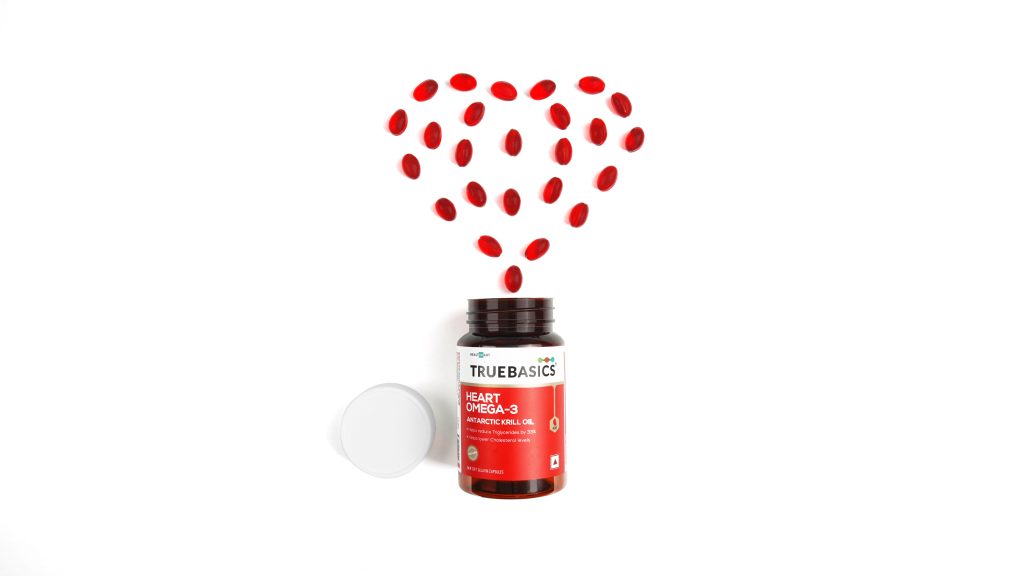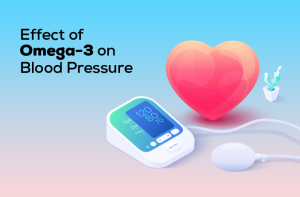Before you let the technical jargon overwhelm you, pericarditis is the swelling /irritation in the skin of the pericardium, which is a fibrous sac that encloses the heart and its major blood vessels. It acts as a lubricant and a cushion, thereby preventing the heart from being damaged by the friction that occurs between it and the organs that surround it. When the heart pericardium becomes inflamed, it is essential to have a working knowledge of the signs and triggers of pericarditis. This condition can lead to serious complications if left untreated.
Pericarditis symptoms and signs
Although pericarditis can affect people at any age, those between the ages of 20 and 50 should especially stay vigilant. Although pericarditis can manifest itself in a wide variety of ways, here are some of the most common pericarditis symptoms:
- Chest pain
- Experiencing difficulty taking a deep breath
- Heart flutterings or palpitations
- Fatigue Weakness
- Fever
It is essential that you get medical help as soon as you can if you experience any of these symptoms.
Pericarditis diagnosis
The 2 strong indicators that differentiate pericarditis from a heart attack are –
- If you experience a sharp pain in the chest and back of the shoulders that eases when you sit up and lean forward.
- Chest pain while breathing.

Whenever your inflamed pericardial lining rubs against itself, you’ll hear a rubbing or creaking sound known as the “pericardial rub.” The best way to ensure they hear you is to lean forward, hold your breath, and exhale. Your doctor may also detect crackles in your lungs as an indicator of fluid in the pleural space or extra fluid in the heart pericardium, depending on the severity of your inflammation.
Causes of pericarditis
The inflammation of the pericardium can be brought on by a number of different things, such as bacterial or viral infections, autoimmune diseases, or even some medications. Pericarditis can be caused by a number of different things, but some of the most common pericarditis causes are:
Bacterial/viral infections
Pericarditis can typically be brought on by an infection due to a virus. In many instances, the infection that is responsible for bringing on a respiratory illness, such as the common cold or flu can also cause pericarditis. It is possible for the virus to spread to the pericardium, which will then result in inflammation and swelling.

Autoimmune disorders
Inflammation of the pericardium can also be brought on by autoimmune diseases such as lupus and rheumatoid arthritis. In these instances, the immune system of the body will mistakenly attack the pericardium, which can result in swelling and inflammation of the heart.
Certain medications
Pericarditis can also be caused by the use of certain pharmaceuticals, such as antibiotics and drugs used in chemotherapy. These medications have been linked to pericardial inflammation and damage in some patients.
Types of pericarditis
While pericarditis is essentially the inflammation of the pericardium, different causes can give rise to different types of pericarditis. These primarily include-
Constrictive pericarditis
As the name suggests, this particular type of pericarditis causes the pericardium to constrict. Due to the granulation tissue formation, the protective sac loses its elasticity, leading to restriction. This is primarily the reason why a person can feel chest constraints and inability to take deep breaths.
Serous pericarditis
A milder form of the disease, serous pericarditis happens when there is an accumulation of fluid in the pericardium, causing inflammation and swelling in the area around the heart. The serous pericardium is the layer of fiber that covers the entire surface of the heart.
Long-term complications
Pericarditis is a condition that affects the sac that surrounds and protects the heart. Although most people recover from it without any long-term complications, some people may continue to experience its symptoms. The following are examples of potential long-term complications:
- Chest pain
- Experiencing difficulty in taking a deep breath
- Fatigue
- Inflammation of the heart caused by constriction of the blood vessels
It’s important to remember that long-term complications are not very common and can usually be avoided or controlled by receiving the right treatment and follow-up care. If you have been diagnosed with this condition, it is crucial you work closely with your healthcare provider to keep a check on your condition and tackle any persistent symptoms or possible complications.
Conclusion
It is vital that you take precautions against preventing heart inflammation by taking recommended vaccinations, eating adequately, exercising, and including TrueBasics Heart Omega-3 in your daily routine. Made with Antarctic Krill Oil, Heart Omega-3 is the ultimate cholesterol specialist that you can rely on. The 4 heart-strengthening ingredients of krill oil make it all the more potent in reducing cholesterol levels and triglycerides by up to 33%.















